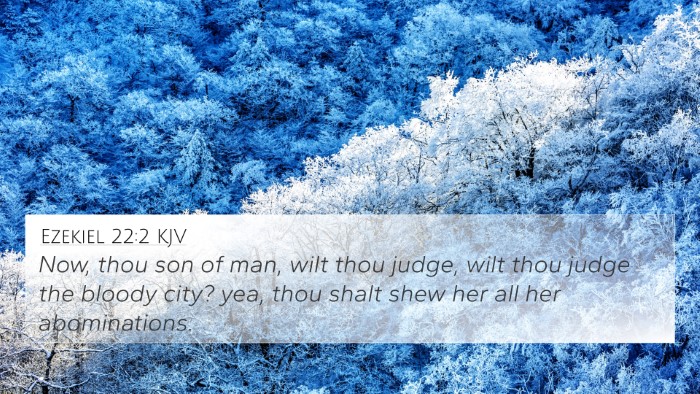Understanding 2 Kings 17:19
Verse: "Also Judah did not keep the commandments of the Lord their God, but walked in the statutes of Israel which they made."
Summary of Biblical Significance
The verse 2 Kings 17:19 emphasizes the gradual decline of Judah amidst Israel's apostasies. It serves as a reminder of the importance of obedience to God's commandments and highlights the disastrous effects of following in the footsteps of others who stray from God's path. This verse stands as a critical reflection on the spiritual state of God's people, emphasizing the necessity of faithfulness to His laws.
Commentary Insights
- Matthew Henry: He highlights the spiritual negligence of Judah, noting that while Israel departed from God's ways, Judah also fell into similar practices. Henry underscores the danger of allowing external influences to shape one’s spiritual identity and beliefs.
- Albert Barnes: Barnes interprets this verse as an illustration of Judah's moral failures. He emphasizes that the corrupt practices adopted from Israel trickled down to Judah, showing how interconnected the two kingdoms were in their sin.
- Adam Clarke: Clarke provides a context on how Judah, despite its privileges, did not adhere to God's commandments and instead imitated the sinful ways of Israel. He warns of the consequences that arise from deviation from divine guidance.
Cross-References
This verse connects with several others that share its themes of disobedience and the consequences of straying from God's commands. Below are some pertinent cross-references:
- (2 Chronicles 36:16): This verse speaks about the rejection of God’s messengers, which reflects the behavior highlighted in 2 Kings 17:19.
- (Jeremiah 9:14): Jeremiah reiterates Judah’s propensity to follow after other gods, similar to the mentioned statutes.
- (Ezekiel 20:18-19): Here, God recalls the commandments that were to be kept, reinforcing the covenant that Judah disregarded.
- (Isaiah 1:4): This passage captures the rebellion of Judah against God, portraying their sinful state.
- (Hosea 4:17): Hosea laments that Ephraim is joined to idols, illustrating the similar idolatrous tendencies found in Judah.
- (Micah 2:7): Micah calls out for justice and righteousness, highlighting the deviation from God’s commandments in Judah.
- (Matthew 15:14): Jesus refers to the blind leading the blind, resembling the disobedience of Judah following Israel’s failings.
- (Galatians 5:7-9): Paul discusses the impact of false teachings, akin to how Judah followed Israel’s corrupt paths.
- (Romans 11:20): Paul notes the consequences of disbelief which parallels the disobedient actions of Judah.
- (Hebrews 3:12): A warning against an evil heart of unbelief resonates with Judah’s choice to conform rather than uphold God’s statutes.
Thematic Connections
This verse invites a broader study of themes found in Scripture where similar patterns of disobedience unfold, leading to divine consequences. It illustrates the importance of staying true to God's commands and serves as a cautionary tale against cultural assimilation into sinful practices.
Methods for Cross-Referencing
For those looking to delve deeper into studying cross-references related to 2 Kings 17:19, here are some methods and tools:
- Utilize a Bible Concordance to find terms and themes related to this verse.
- Engage in Cross-reference Bible Study methods to identify connections between verses.
- Explore a Bible Reference Resource that outlines thematic connections.
- Compile Bible Chain References linking similar topics and ideas.
- Apply a Bible Cross-reference System to effectively study the interconnections.
Conclusion
2 Kings 17:19 serves as an important reminder of the dangers of conforming to the practices of others at the expense of divine obedience. Through comparative study and cross-referencing of Biblical texts, believers can uncover profound insights into the nature of disobedience and the call to uphold the commandments of God.













